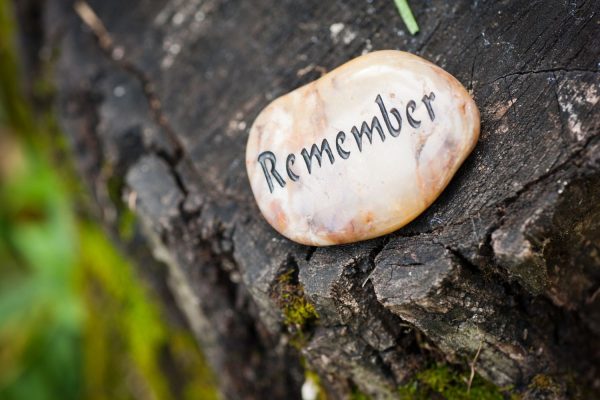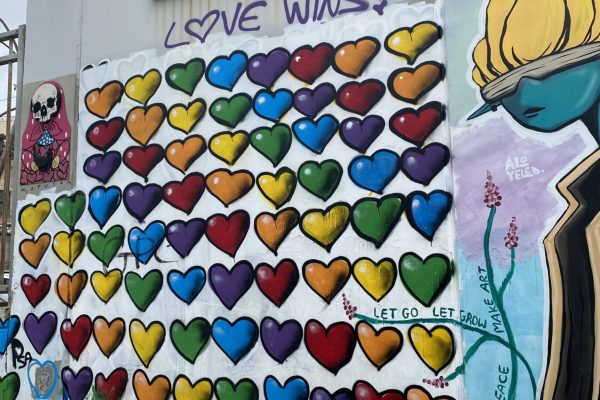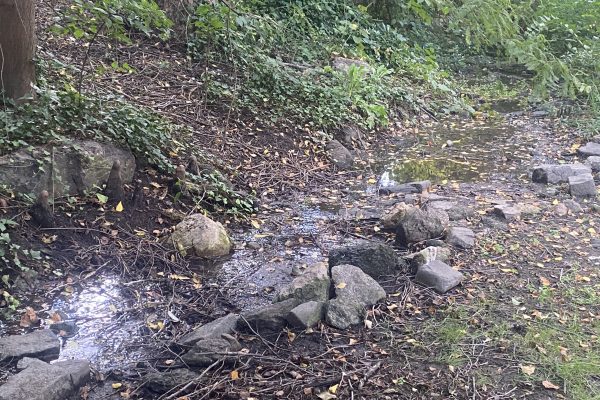I do not live in Israel–
but her streets, I know by heart.
I’ve passed through them, step by step, turn by turn, town by town
I have followed her paths deep underground.
I do not live in Israel–
but I can hear all her sounds:
car horns and chatter, city pulse and sirens,
music in the desert,
hope, fear and resolve reverberating off of ancient walls.
I do not live in Israel but I’ve touched on every shore.
My toes have dipped in all her seas, touched each piece of Negev sand,
my hands run daily down her rough, pale stone.
I do not live in Israel but I have tasted all her fruits–
I have eaten every date and pomegranate seed, red juice runs down my face.
I wipe it with my dirty hands, sticky with honey.
I do not live in Israel, but I know every family there.
We were just together, moments ago.
I can distinguish all their cries:
a low whine, tired.
a lingering wail, hunger.
a piercing scream, fear.
How do I stop this pain?
I do not live in Israel,
I stand in Jerusalem from thousands of miles away.
I do not live in Israel.
Her words leave my lips and are received in heaven.
I do not live in Israel–
Israel lives in me.











